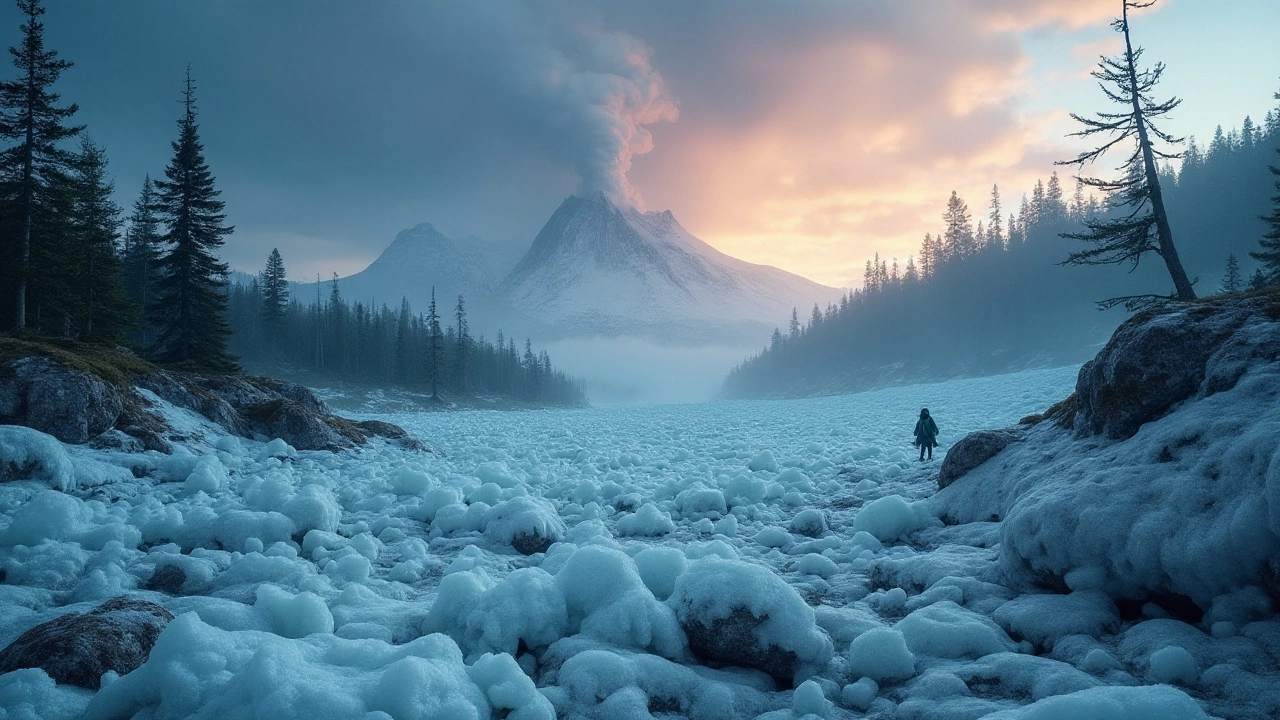Global Cooling: What It Really Means and Why It Matters
When people talk about global cooling, a scientific hypothesis suggesting Earth’s average temperature may be decreasing over time. It’s often brought up in debates about climate change, but it’s not the same as the long-term warming trend we’re seeing today. The idea of global cooling popped up in the 1970s when some scientists noticed short-term drops in temperature, but those were temporary blips—not a reversal of the overall trend. Since then, decades of data from NASA, NOAA, and the IPCC have shown one clear thing: Earth is warming, not cooling. The real question isn’t whether global cooling is happening—it’s why people still bring it up, and what it tells us about how we understand climate science.
Global cooling is often used as a distraction from the bigger picture. It’s a tactic that confuses climate change, the long-term shift in global temperatures and weather patterns, primarily driven by human activities like burning fossil fuels with natural variability. Things like volcanic eruptions or solar cycles can cause brief dips in temperature, but they don’t cancel out the massive heat trapped by greenhouse gases. That’s why scientists don’t see global cooling as a threat—they see it as noise in the signal. Meanwhile, the global warming, the sustained rise in Earth’s average surface temperature due to human-caused emissions continues to accelerate, with 2023 and 2024 ranking as the hottest years on record. The difference between the two isn’t just semantics—it’s life or death for coastal cities, farmers, and ecosystems.
What you’ll find in these articles isn’t speculation. It’s hard data. You’ll read about how temperature records are tracked, why some models mislead, and how media spin turns short-term weather into false climate narratives. You’ll also see how climate science, the interdisciplinary field studying Earth’s climate system, including oceans, atmosphere, ice, and human impact cuts through the noise to show what’s really happening. These posts don’t just explain the science—they show you how to spot misinformation, understand trends, and ask the right questions when someone says, "But what about global cooling?"
There’s no debate among climate scientists about whether the planet is warming. The only real debate is how fast we’ll act—and who will bear the cost. What follows are clear, fact-based stories that cut through the confusion and show you exactly what’s going on with our climate, right now.
Understanding Ice Age Triggers: Climate Change Insights
Jan, 29 2025
Delving into what caused the Ice Age, this article examines how shifts in Earth's environment led to significant cooling periods. By exploring natural factors like volcanic activity, ocean currents, and Earth's orbit changes, it seeks to understand these ancient climate shifts. The article also connects past events with modern climate concerns, offering insights into how ancient data can inform current climate models. It is a thoughtful exploration into the frozen epochs of Earth’s history and the scientific quest to unravel their causes.
Read Article→